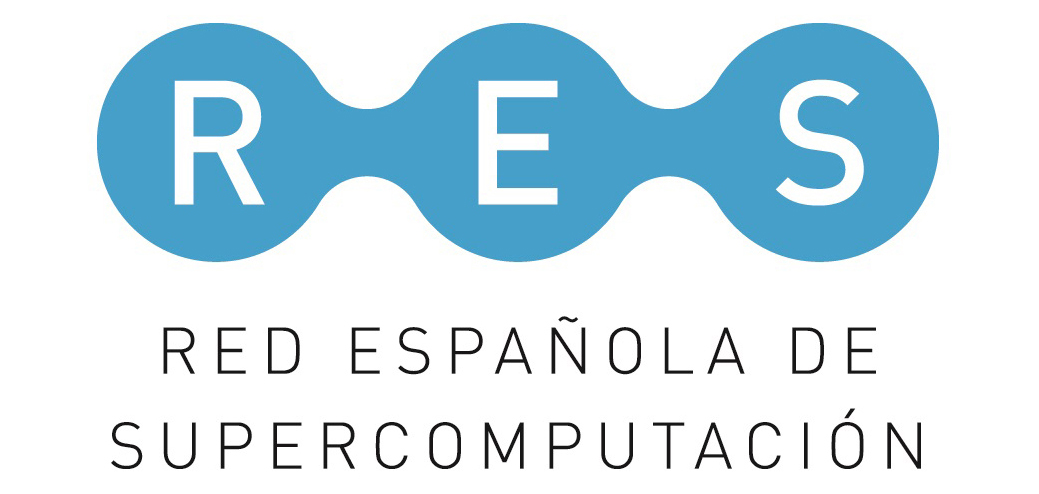Estudio y evaluación de los mecanismos de gestión de la movilidad en redes de próxima generación
With the continuous development of mobile communications and Internet technology, one of the major challenges is to achieve e_cient mobility management in wireless networks.IP mobility management is a key function that allows mobile nodes to continue their communications even when their point of attachment to the IP network changes. Internet protocols do not support mobility and wireless networking does not provide reliable connections to mobile users for real-time communications.
For this reason, the Internet Engineering Task Force (IETF) developed various protocols for IP mobility management such as Mobile IPv6 (MIPv6) and Proxy Mobile IPv6 (PMIPv6). These protocols employ a centralized mobility management scheme where all intelligence is concetrated in one end-point system, rather than being distributed through the internet. However, centralized mobility solutions are prone to several problems and limitations: longer (sub-optimal) routing paths, scalability problems, signaling overhead,.. This motivates Distributed Mobility Management (DMM) whose purpose is to overcome the limitations of the traditional centralized mobility management.
We focus on DMM approach that is currently being considered by the IETF: PMIPv6 based DMM. The possibility of testing scenarios for these latest technologies is essential to analyze and implement proposals to optimize and verify the results of researches.
An analysis of distributed mobility management has been carried out with this project: designing and con_guring testbeds, con_guring protocols and devices, analyzing critical process (handover) and analyzing exchange messages.
Moreover, a proposal has been developed for improving tunneling management in Distributed Mobility Management called TE-DMM (Tunneling Extension to Distributed Mobility Management), based in the improvement of control plane (signaling). In conclusion, TE-DMM will conduct an e_cient management of control plane.
- Jesús Calle Cancho. Estudio y evaluación de los mecanismos de gestión de la movilidad en redes de próxima generación. Trabajo Final de Máster en Ingeniería Informática, Universidad de Extremadura. Septiembre de 2014.
- Ingenieros de CénitS obtienen el grado de Máster en la Universidad de Extremadura [CénitS].


